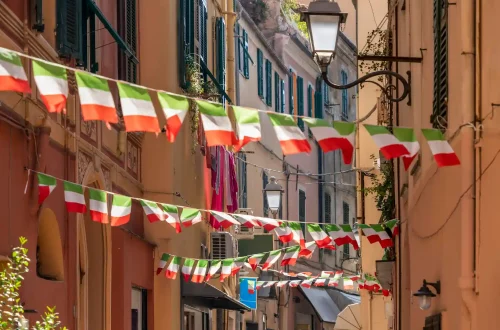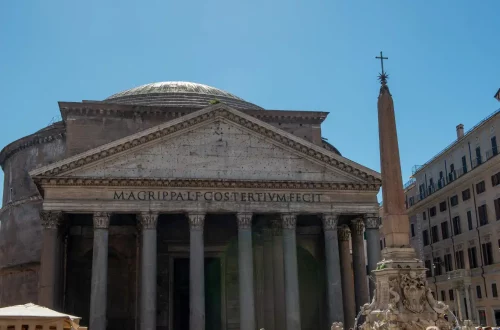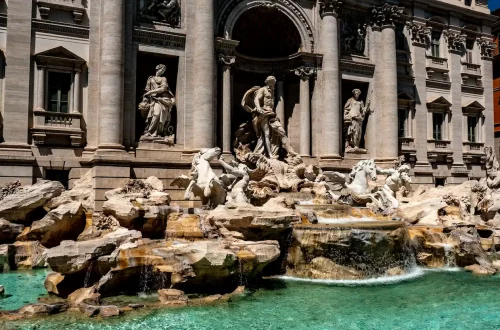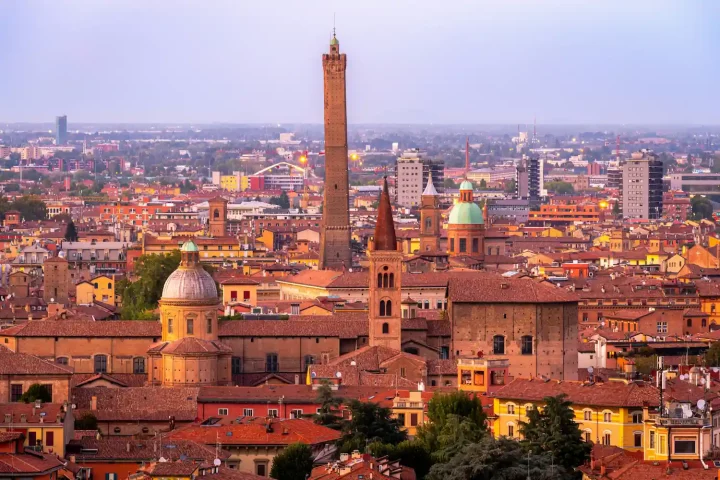Italy has long been a dream destination for many, whether for tourism, investment or long-term residency. In recent years, more foreigners have sought to purchase property in Italy, either as a vacation retreat or as part of their plan to relocate. While financing options are available for non-residents, securing a loan or mortgage in Italy as a foreigner comes with bureaucratic challenges and strict requirements.
From legal procedures to financial obligations, navigating the system successfully requires thorough planning and professional guidance. This guide outlines the key steps and considerations for securing financing on Italian real estate as a foreigner.
Basic requirements for foreigners
Before applying for financing in Italy, foreign buyers must meet several prerequisites. The most crucial requirement is the existence of a reciprocity agreement between Italy and the applicant’s home country. The principle of reciprocity between the U.S. and Italy allows Americans to buy property in Italy, as long as Italians can do the same in the U.S.
Additionally, applicants must obtain an Italian Fiscal Code (Codice Fiscale), which is required for most financial and legal transactions in Italy, including purchasing property and opening a bank account. Non-EU citizens can obtain an Italian fiscal code either at the Single Desk for Immigration (Sportelli Unici per l’Immigrazione) or at Police Headquarters (Questura). A bank account in Italy is also required for mortgage payments, property-related expenses, and legal transactions.
Moreover, most lenders require a minimum down payment of between 40-50% of the property’s value, meaning buyers must secure a significant portion of the funds upfront before financing can be approved.
Take advantage of specialized assistance to secure your passport for a borderless future.
Required documentation
To apply for a mortgage in Italy, foreign applicants typically need to provide essential financial and identification documents. These include a valid passport or ID, an Italian tax identification number (Codice Fiscale), and bank statements from the past 12 months. Additionally, proof of income is required, such as last year’s tax return, payslips, or an employment contract for salaried workers, while self-employed individuals must provide business-related financial records.
Other necessary documents include property ownership records (if applicable), a preliminary purchase agreement for the desired property, proof of any existing debt obligations, and a property valuation report. Since lending to foreign applicants carries financial risk, banks may request additional documentation to verify creditworthiness and ensure repayment capability. Requirements can vary across lenders, so applicants should check specific conditions with their chosen financial institution.
Available financing options
Mortgage interest in Italy depends on three key factors: the interest rate, the loan amount, and the mortgage term. For non-residents seeking financing, understanding interest rate structures is essential. Italian banks define mortgage costs using TAN (Annual Nominal Rate) and APR (Annual Percentage Rate).
While TAN represents the base interest rate applied to the loan, APR includes additional expenses such as insurance, transaction fees, and taxes. Applicants must choose between fixed and variable rates—fixed rates ensure stable payments, whereas variable rates fluctuate based on market trends.
Loan repayment terms range between 20 to 30 years, though age restrictions apply—most banks prefer borrowers under 75 years old at the end of the loan term. Additionally, joint financing options allow buyers to include a co-signatory (such as a spouse or business partner) to enhance loan approval chances.
Step-by-step process
Securing financing for real estate in Italy involves multiple stages, each requiring careful attention.
- Pre-approval and selection of a lending bank – Buyers should compare mortgage offers from different Italian banks and apply for pre-approval. This helps determine eligibility before proceeding with the purchase.
- Property evaluation – Banks conduct an official assessment to verify the market value of the selected property.
- Translation and authentication of documents – Legal paperwork must be translated into Italian and certified, ensuring compliance with regulations.
- Final closing with a notary public (Notaio) – The buyer, lender, and seller meet with a Notaio to finalize the purchase, legally transferring property ownership.
Take advantage of specialized assistance to secure your passport for a borderless future.
Additional costs
Foreign buyers should budget for additional expenses beyond the property price and mortgage. These costs include:
- Notary fees (typically 1-2.5% of the property’s value).
- Registration taxes (varying between 2-9%, depending on residency status and property type).
- Mandatory insurance, including fire and life insurance policies, which lenders require to safeguard the investment.
- Understanding and preparing for these costs ensures a smoother purchasing process and prevents unexpected financial burdens.
Common challenges
Several obstacles may arise when applying for financing in Italy as a foreigner:
- Income in non-Euro currencies – Buyers earning in currencies like USD may face difficulties proving financial stability due to fluctuating exchange rates. Consulting with a currency specialist helps mitigate risks.
- Minimum property value restrictions – Many Italian banks set a minimum financing limit of €100,000, meaning properties below this amount may not be eligible for mortgages. Buyers must ensure their chosen property meets financial institution requirements.
Tips to streamline the process
To overcome challenges and expedite financing approval, foreign buyers should follow these best practices:
- Work with specialized real estate agents and mortgage brokers experienced in assisting foreign investors.
- Include a suspensive clause in the purchase contract, allowing withdrawal from the agreement if financing is denied.
- Plan for currency fluctuations, ensuring payment strategies accommodate exchange rate variations.
Limitations and considerations
Purchasing a property in Italy does not automatically grant permanent residency. While homeownership may serve as an advantage when applying for visas or residence permits, additional legal steps are necessary for long-term residency.
Moreover, restrictions may apply to rural or historical properties. A restricted property is legally protected due to its historical, artistic, architectural, or landscape significance. Any modifications, including restoration, renovation, demolition, or sale, require prior authorization from the relevant authorities and must adhere to specific regulations.
While financing real estate in Italy as a foreigner is possible, the process comes with unique challenges and bureaucratic hurdles. Careful planning, professional assistance, and knowledge of legal requirements are key to a successful purchase.
By understanding eligibility criteria, financing options, and common obstacles, buyers can confidently invest in Italian property while ensuring compliance with national regulations. With thorough preparation, securing financing for a dream home in Italy can be a rewarding and achievable goal.






